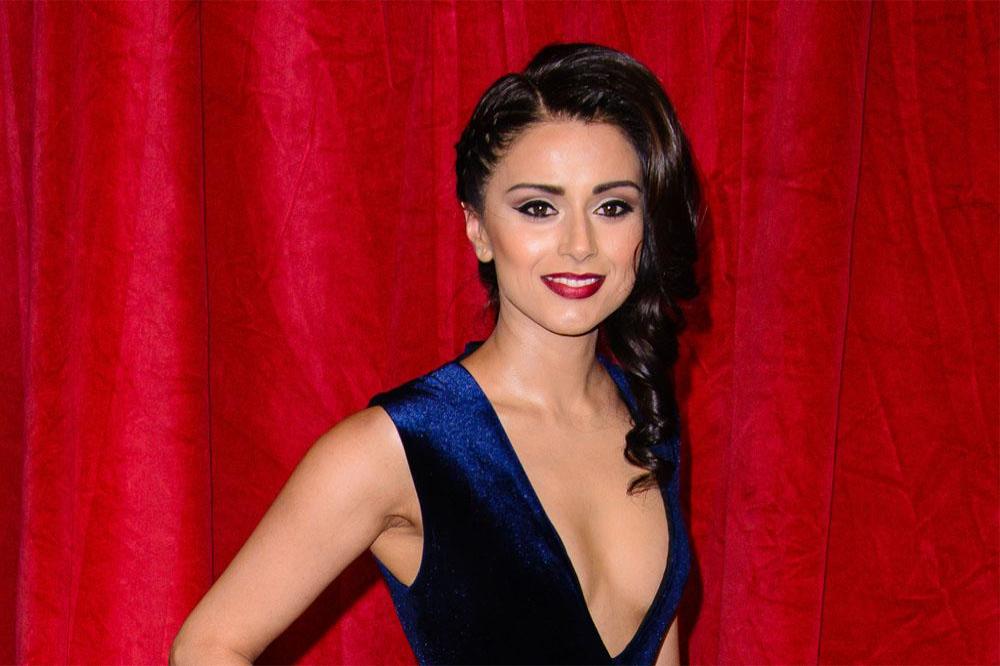'Coronation Street' star Bhavna Limbachia's goal with her lesbian love affair storyline is to "educate" viewers on the struggles some gay people still face.

Bhavna Limbachia
The 33-year-old actress plays the ITV soap's first ever gay Muslim character, Rana Nazir, and her on-screen romance with Kate Connor - played by Faye Brookes - has earned her huge praise from fans of the couple, who have been dubbed 'Kana', but also criticism as well.
Bhavna knew the plot would come with its fair share of challenges but she has always been determined to get it right for anyone suffering the same problems in coming out due to their ethnicity or religion as Rana has.
In an appearance on 'BBC Breakfast', she said: "I felt such a huge responsibility to get the story right so I went away and did a lot of research, even though it was a big weight on my shoulders I just wanted to make sure I did the storyline justice ... The storyline is there not to offend people, it's to educate them, it's to spark conversation so it's there to make people aware that there is support available."
Bhavna's research for the storyline included speaking to Matt Ogston who created the Naz & Matt Foundation to tackle homophobia triggered by religion in the wake of his partner Naz taking his own life just two days after his deeply religious family confronted him about his sexuality.
The 'Citizen Khan' star admits hearing people's tragic stories of being rejected by their families and their communities because of their sexuality made her realise that what the 'Corrie' writing team wanted to achieve was hugely important.
She said: "Doing the research and reading articles online, reading stories about Naz was so heartbreaking. That is when I realised that we have got this amazing platform at 'Coronation Street' to raise awareness.
"That is when we ended up getting in touch and discussed at length different stories that had come from the charity and the things that people are faced with and trying to reflect that and hold the mirror up to society and say this is happening, it's 2018, it's still a taboo subject and we want to make sure we shine light on that and spark conversation."

